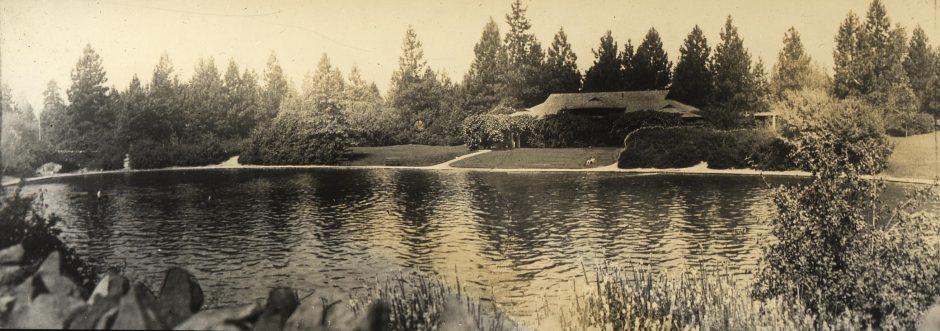Oral histories are a valuable resource for historians. They provide first person accounts of the past as they are remembered by the individual that experienced them. As historians we often yearn for a first person voice for the people we are studying so that we can more effectively give them life and agency. Sometimes oral histories hold exactly what we are looking for.
According to an article from History Matters, initially oral histories “tended to focus on the lives of the ‘elite’”. Oral histories where powerful elites are the narrators hold value but elites already tend to leave a very complete written record. What makes oral history so immensely valuable is the way that it provides a voice for those who otherwise may not have been represented in the historical record. According to History Matters “by recording the firsthand accounts of an enormous variety of narrators, oral history has, over the past half-century, helped democratize the historical record.”
One of the first major projects to collect records from a group of historically underrepresented people in the United States was the Federal Writer’s Project, a New Deal agency that put unemployed Americans to work. The project did a number of things but one of their tasks was to collect oral histories from former slaves. These oral histories are an immensely valuable source because slaves typically did not leave a written record. American historians of the slavery period have relied heavily on the FWP slave narratives to develop a varied range of interpretations. On his blog, a history student at UC Davis, Devin Leigh explains the ways that the WPA interviews have played into the historiographical debates surrounding slavery in the United States.
The FWP interviews are clearly a valuable source, but how reliable are they? They are unique sources that require the same type of careful examinations that traditional sources require. According to Davidson and Lytle in View from the Bottom Rail, “the narratives could not simply be taken at face value. Like other primary source materials, they need to be viewed in terms of the context in which they originated.” It is important that we consider the conditions under which these interviews were conducted. Davidson and Lytle draw our attention to a specific individual named Susan Hamlin or Hamilton who appears to have given two separate interviews to the FWP. The two interviews have a very different tone because they were likely taken under different conditions. You can look at both of the interviews on the Library of Congress’ “Born in Slavery” collection.
This lack in consistency or presence of bias should not discourage us from using oral histories as sources, this only means that we, as historians, must be critical of oral histories and careful of the ways that we use them in the stories or narratives that we construct. For example, the FWP narratives were collected when more than half of the narrators were over 80 years old. Davidson and Lytle explain that at the time of enslavement “83 percent” of the narrators “were under age twenty. Thus, many interviewe[e]s remembered slavery as it would have been experienced by a child.” This presents issues because the slavery experience was different for children than for adults, so we must keep that in mind. We also must question the completeness and validity of the memories that are recalled by 80 year old individuals. As Elizabeth Loftus explains in a TED Talk, memory is always fleeting and false memories are more common than we might think. This is another complexity of using oral histories and something we must consider when we are analyzing the source and determining how we will use it in our work.
It makes me wonder when is the best time to record an oral history. We often end up recording oral histories with elderly folks as we begin to realize that they will soon be gone and our time is limited to capture their memories. Is this the best method? Or should we seek to collect oral histories earlier in life? How do we know when the time is write to grab the recorder and go collect oral histories? Thoughts?



It liked the link to another student’s blog, from a different school even. Do you think he knows he’ll never be a full-time professor? 😉 You make a good point about the timing of recording history. On a side note, I think the most interesting account of JFK’s assassination is Lady Bird Johnson’s diary because she used voice recording. She sat down soon after arriving back in DC to record what she saw, thought, and felt. There is a level of empathy and sorrow for Jackie that I just don’t think could be achieved if it had been a written record, or if it the experience was documented 10 years later.